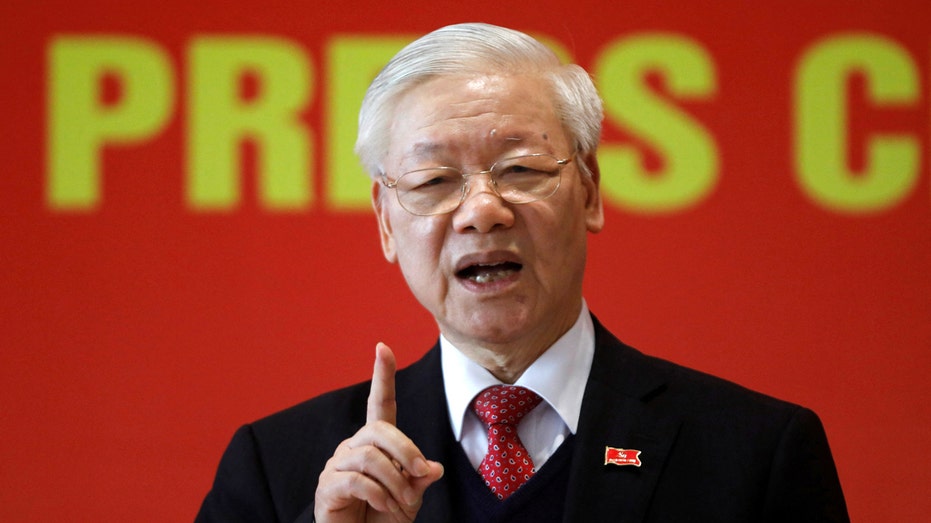US chipmakers testify before Senate on why their products are found in Russian missiles
While US company executives insisted they comply with sanctions, senators remained skeptical, citing evidence of new chips in modern Russian weapons systems.


US senators talked to leading microelectronics companies about why American chips and electronics are found in Russian weapons seized on the battlefield in Ukraine.
As reported by the Voice of America, Vice presidents of AMD, Analog Devices, Texas Instruments, and Intel Corporation testified at the hearing “US Technologies Powering Russia’s War Machine” in the US Senate on 10 September.
Senator Richard Blumenthal chaired the hearing and spoke about documents handed over to him by the Ukrainian authorities, which contain data on nearly 25,000 components recovered from Russian weapons on the battlefield.
“The vast majority of this – 73% – comes from American companies. As we found out, 1,005 – 40% – come from your companies,” Blumenthal addressed the witnesses.
The senator recalled Russia’s attack on Okhmatdyt: “On 8 July of this year, a Russian cruise missile hit the largest children’s hospital in Kyiv, killing dozens of doctors and children and severely wounding many. This missile was made in Russia, but the technology was American.”
Representatives of the companies emphasized that they comply with the sanctions and take precautions on their own initiative, even if it is not required by law, to prevent their goods from ending up in Russian weapons.
In addition, representatives of the companies indicated that most of the components that they reportedly found on the battlefield in Ukraine were basic microchips that were not subject to export restrictions and were produced before Russia’s full-scale invasion of Ukraine.
New electronics, new technologies for Russian weapons
Blumenthal responded by expressing doubt that the new chips were not being delivered to Russia and citing information from Ukraine: “The Ukrainian authorities gave me 900 pages of documents. They told me: “These are new chips”. These are new electronics, new technologies. The Russians don’t rely on 15-year-old chips to make their most modern, deadly hypersonic missiles, for example.”
He urged companies not only to respond to requests to trace a particular microchip, but to send delegations to Ukraine to examine the evidence themselves. “I’d like you to look at these documents, I’d like you to send teams there, I’d like you not to tell me what you think based on just a few tracking requests,” Blumenthal said.
Blumenthal called on US companies to make additional commitments to increase control over microchip shipments, as well as to audit sales through other countries, such as Türkiye, Kazakhstan, and Georgia, where the number of transactions has increased.
Company representatives assured that they conduct regular checks of compliance with export restrictions, including the data of their distributors. Regarding the circumvention of restrictions through other countries, Intel, AMD, and Analog Devices indicated that they have strengthened their oversight of sales to high-risk countries, which have increased the flow of chips to Russia. Texas Instruments said it has found no evidence that its products are going to Russia.
Related:
- Russian missile that hit Ukrainian children’s hospital was freshly produced, investigation shows
- Russia uses old ASML machines to produce microchips for weapons against Ukraine
- Millions of Dutch chips end up in Russia despite EU sanctions – NOS/Nieuwsuur investigation
- Microchip backalley: Armenia, Kazakhstan help Russia evade sanctions, produce weapons
- Western tech in Russia’s missiles: 15 companies whose parts fuel Kh-101 missile that hit Kyiv Children’s Hospital



